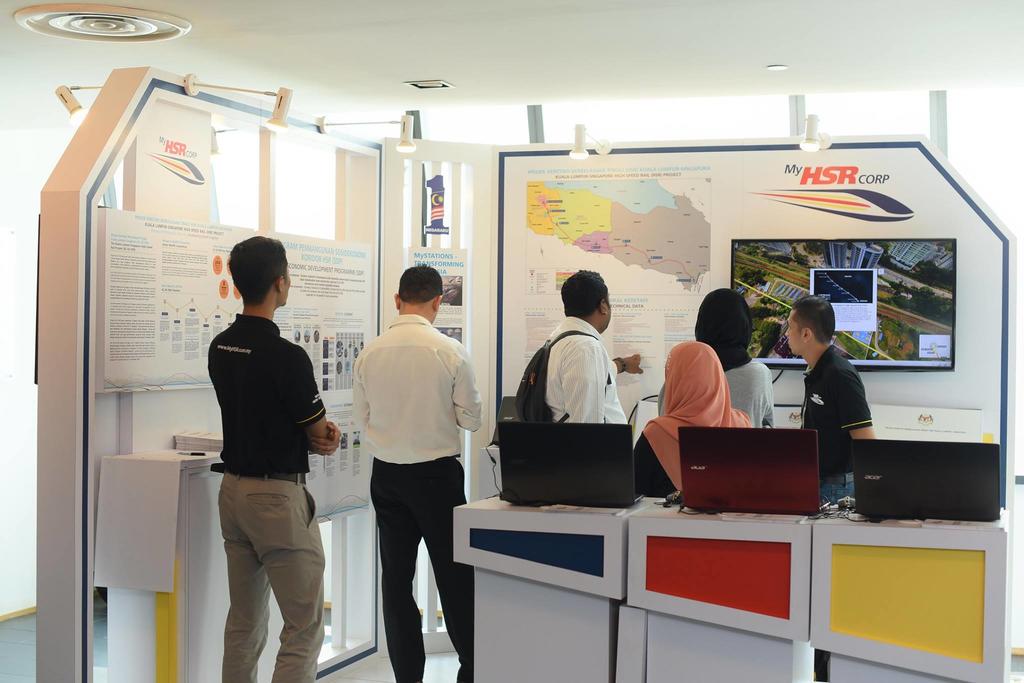KUALA LUMPUR, March 29 — Malaysia has paid S$102.8 million (RM320.27 million) to Singapore for costs incurred for the development of the Kuala Lumpur-Singapore High-Speed Rail (HSR) project, and in relation to the extension of its suspension.
The two countries reached an amicable agreement on the amount following a verification process by the Malaysian government.
This amount represents a full and final settlement in relation to the termination of the Bilateral Agreement on the HSR project on December 31, 2020, Malaysia’s Minister in the Prime Minister’s Department (Economy) and Singapore’s Minister for Transport said in a joint statement here, today.
Both countries remain committed to maintaining good relations and fostering close cooperation for the mutual benefit of the peoples of the two countries, the statement said.
Meanwhile, responding to media queries on the difference between the S$270 million that Singapore has spent on the project and the amount that Malaysia has compensated, the republic’s Ministry for Transport said the S$270 million includes land acquisition cost.
The ministry noted that the Singapore government can recover value from the land it acquired, thus it is not seeking compensation for it.
“For example, one piece of land acquired will be used to develop the Integrated Train Testing Centre, which broke ground recently,” explained the ministry’s spokesperson.
For the final compensation amount of S$102 million, the ministry said the bulk of it was computed and determined when the republic acceded to Malaysia’s request to suspend the project, and was stipulated in the HSR agreements.
On January 4, the republic’s Minister for Transport Ong Ye Kung said the termination compensation involving the HSR project would include various abortive costs, but not land acquisition costs since the value of the land could be recovered.
He said Singapore had spent more than S$270 million on the project.
“Some of these costs, such as for consultancy services, design of infrastructure, and manpower to deliver the project, are abortive costs if the project does not proceed,” he said in Parliament. — Bernama



















